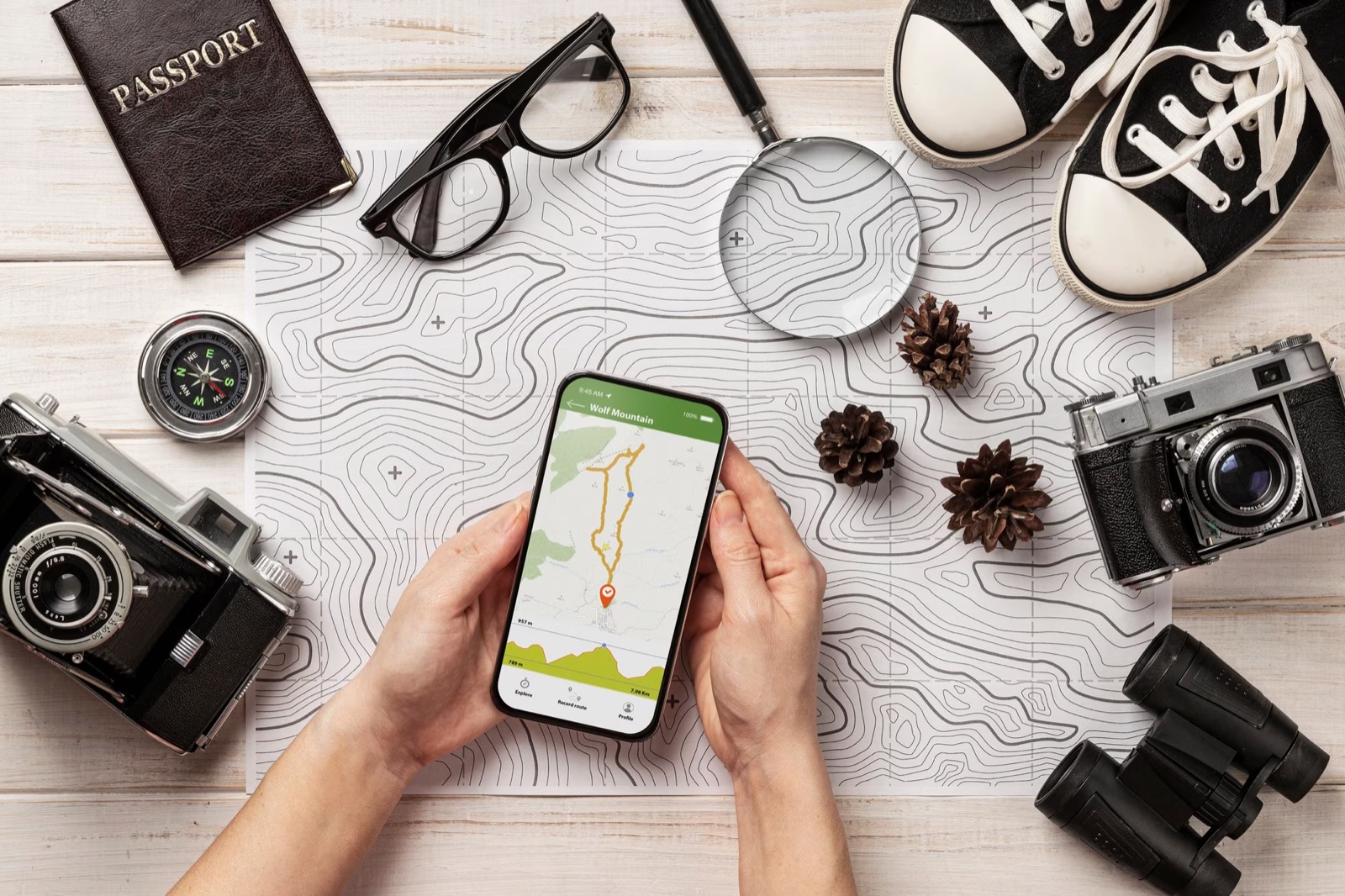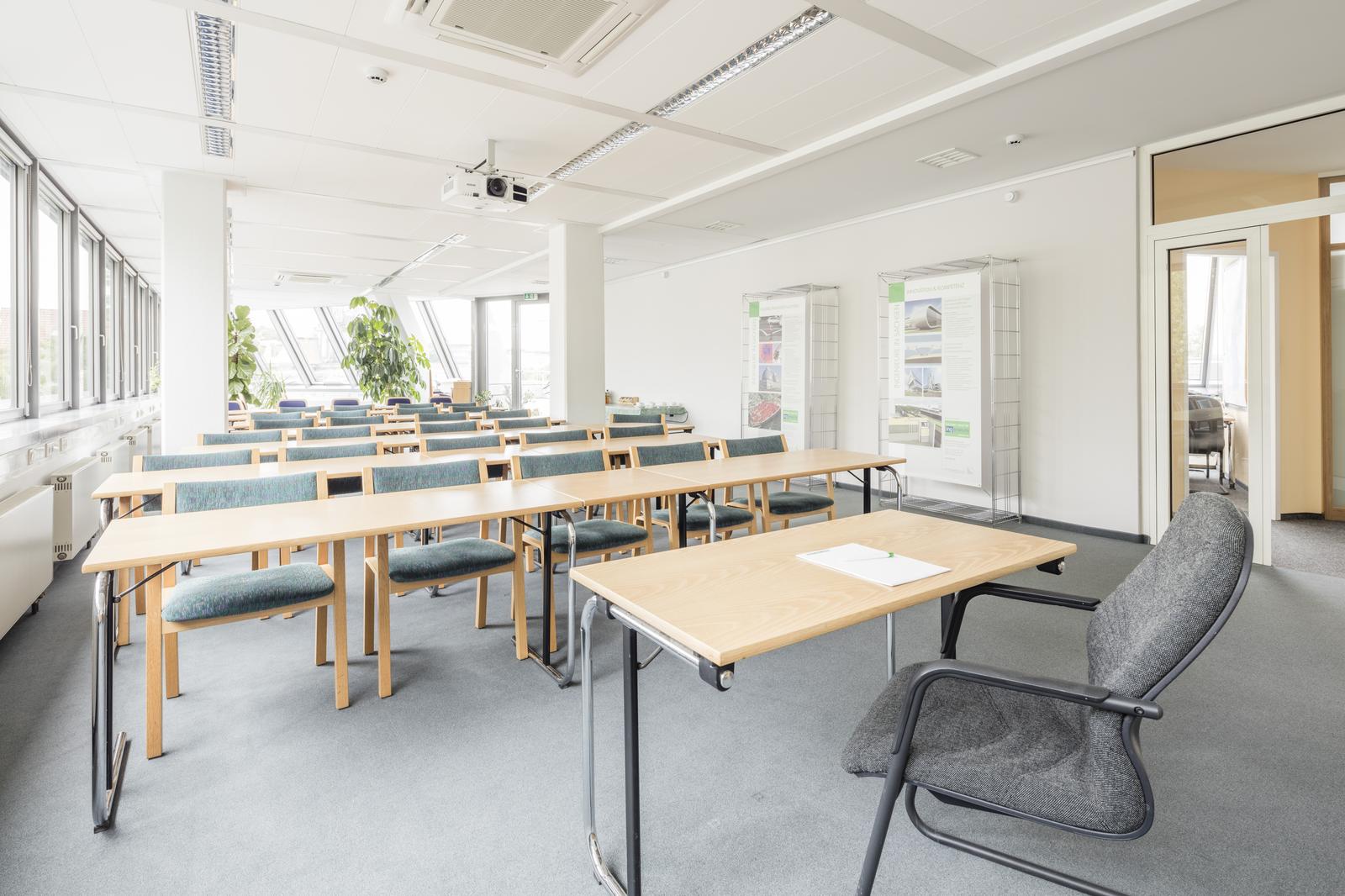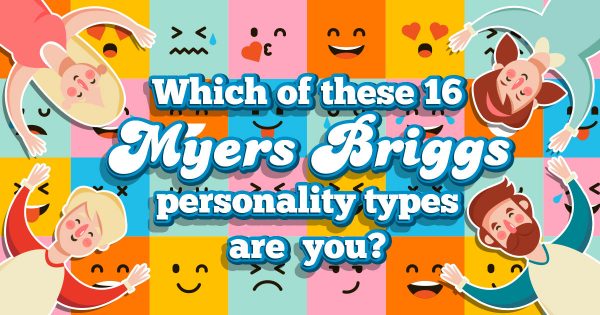
Learning Style Quiz
Are you curious about how you best absorb and understand new information? Do you find yourself drawn to certain study methods or learning environments? If so, you're in the right place! In this learning style quiz, we'll help you uncover your unique approach to studying and maximize your learning potential.
You see, everyone learns in their own unique way. Some people thrive when they can see information presented visually, while others prefer to learn through listening or hands-on experiences. These different preferences for acquiring knowledge are known as learning styles. Your learning style may also offer insights into your intelligence type, revealing whether you excel in logical reasoning, linguistic abilities, spatial awareness, or other forms of intelligence.
The Benefits of Knowing Your Learning Style
Now you might be wondering, why does knowing your learning style matter? Well, by identifying your learning preferences, you can:
- Optimize Your Study Strategies: Armed with knowledge of your learning style, you can tailor your study techniques to suit your individual needs. Whether it's creating visual aids, engaging in group discussions, or practicing hands-on activities, you can choose methods that are most effective for you.
- Improve Retention and Comprehension: When you learn in a way that aligns with your natural preferences, you're more likely to retain information and understand concepts more deeply. This can lead to better grades, improved performance, and a greater sense of confidence in your abilities.
- Enhance Problem-Solving Skills: Understanding your learning style can also help you develop stronger problem-solving skills. By leveraging your preferred approach to learning, you can tackle challenges more effectively and find creative solutions to complex problems.
- Boost Self-Confidence: Knowing how you learn best can boost your self-confidence and self-awareness. It allows you to play to your strengths and embrace your unique learning style, rather than feeling pressured to conform to traditional study methods.
Just like how your preferred communication style can influence the way you interact with others, understanding how you best learn can have a significant impact on your academic and personal success.
What Learning Styles Are There?
Before we dive into the quiz, let's take a moment to explore what learning styles are all about. There are several different learning styles, each with its own characteristics and preferences.
Here's a brief overview:
- Visual Learner: Visual learners prefer to see information presented in the form of images, charts, graphs, and diagrams. They have a knack for visualizing concepts and understanding complex ideas through visual aids.
- Auditory Learner: Auditory learners learn best through listening and verbal instruction. They excel in environments where information is presented verbally, such as lectures, discussions, and audio recordings.
- Kinesthetic Learner: Kinesthetic learners learn best through hands-on experiences and physical activities. They enjoy engaging with material through movement, touch, and interaction with their surroundings.
- Musical Learner: Musical learners have a strong affinity for music and rhythm. They learn best through auditory stimuli, such as listening to music, rhythmically reciting information, and using musical mnemonics to aid memory retention.
- Reading/Writing Learner: Reading/writing learners excel in learning through written text and written activities. They prefer to absorb information through reading books, articles, notes, or written instructions.
- Social Learner: Social learners thrive in group settings and learn best through interaction and collaboration with others. They enjoy engaging in discussions, debates, and group activities where they can exchange ideas with peers.
- Emotional Learner: Emotional learners are highly attuned to their own emotions and the emotions of others. They learn best in environments that foster emotional connection and empathy, such as through personal stories, role-playing scenarios, and group discussions that evoke emotional responses.
- Logical/Mathematical Learner: Logical/mathematical learners excel in understanding complex concepts through logic, reasoning, and problem-solving. They prefer to break down information into logical steps and understand underlying principles.
- Naturalistic Learner: Naturalistic learners thrive in outdoor and natural environments. They prefer to learn through hands-on experiences in nature, observing and interacting with the natural world, and exploring real-life examples of concepts.
- Solitary Learner: Solitary learners thrive independently, preferring quiet environments for focused study. They excel in self-directed learning, often preferring reading, research, and reflection. Solitary learners value autonomy and manage their time effectively, finding solitude essential for optimal concentration and productivity.
What Type of Learner Am I?
So, are you ready to discover your learning style and unlock your full learning potential? Let's dive into the learning styles quiz and unlock your full learning potential!
Enjoy Quizly? Upgrade to Premium for an ad-free experience and exclusive features.
Get PremiumLearning Style Quiz Questions
Let's begin! How do you prefer to express your creativity?

Through writing stories, poems, or essays
Through visual art such as drawing or photography
Through collaborating with others on creative endeavors
Through hands-on crafting or building projects
Through music, singing, or playing an instrument
None of these
You're learning a new language. How do you practice it?

Listening to native speakers or language learning podcasts
None of these
Using gestures and body language to reinforce learning
Using flashcards with images to associate vocabulary with visuals
Engaging in conversations or language exchange with native speakers
Actively practicing speaking and writing exercises
How do you prefer to organize your thoughts or tasks?

Creating to-do lists or writing out plans
Discussing and brainstorming with others
Physically arranging objects or materials
Using visual aids like mind maps or charts
None of these
Categorizing and analyzing information logically
When studying for an exam, what helps you remember information best?

Analyzing and understanding the underlying concepts
Practicing with hands-on activities or past-year papers
None of these
Actively participating in group study sessions
Making flashcards and visually organizing information
Listening to recorded lectures or study guides
You're planning a trip to a new city. How do you prepare for it?

Packing and organizing essentials while mentally visualizing the trip
Listening to podcasts or audio guides about the city's history and culture
Researching and creating an itinerary with visual maps and landmarks
None of these
Reading travel blogs or articles to gather tips and recommendations
Discussing plans and getting recommendations from friends or online forums
How do you prefer to solve a problem?

Drawing diagrams or visualizing solutions
None of these
Trying out different approaches or experimenting
Writing out potential solutions or steps systematically
Talking through the problem or discussing ideas with others
Analyzing the problem logically and finding patterns
You're learning to cook a new recipe. How do you go about it?

Reading the recipe instructions and measuring ingredients precisely
None of these
Listening to cooking instructions from a video or podcast
Following visual cooking tutorials or using recipe images as guides
Getting hands-on experience by actively cooking and experimenting
Getting a friend to learn together or signing up for a cooking class
You encounter a technical issue with your computer. How do you troubleshoot and solve it?

Physically inspect and manipulate hardware components to identify any visible issues or loose connections.
Consult user manuals or technical documentation to understand the problem and find a solution.
None of these
Use logical reasoning to systematically troubleshoot the problem by eliminating potential causes.
Search online for troubleshooting guides or video tutorials to follow step-by-step instructions.
Ask for assistance from a tech-savvy friend or family member to help diagnose and fix the problem.
A surprise party is being planned for a friend. What task do you take on?

Collaborating with friends and family to coordinate surprises and activities
Making detailed lists and schedules for party planning tasks
None of these
Putting together a playlist of your friend's favorite music for the party
Creating visual mood boards for party themes
Decorating and setting up the party space
You're trying to learn a new dance routine. How do you approach it?

None of these
Repeating dance steps and practicing movements until they feel natural
Listening to the rhythm and beats of the music to synchronize movements
Watching video tutorials or dance demonstrations for visual guidance
Joining a dance class or group to learn and dance with others
Reading written instructions or choreography notes to learn the routine
What do you enjoy doing in your free time?

Listening to music, podcasts, or audiobooks
Reading books, articles, or blogs
Engaging in physical activities or sports
Sketching, painting, or creating visual art
None of these
Having deep conversations with friends or family
You're faced with a complex math problem that you're struggling to solve. What's your approach?

Write out the problem and analyze it step-by-step to identify patterns and relationships.
Seek help from a teacher, tutor, or peer to gain additional insights and guidance.
None of these
Visualize the problem using diagrams or visual aids to better understand its structure.
Break down the problem into smaller, more manageable parts and tackle each part individually.
Use trial and error by experimenting with different approaches until finding a solution.
How do you prefer to remember someone's name?

Shaking their hand or engaging in a physical greeting
Repeating their name aloud or in your head
Linking their name to a shared experience or conversation
Associating their name with a visual image or their appearance
None of these
Writing down their name or mentally spelling it out
You're attending a lecture on a complex topic. How do you engage with the material?

Attempting to apply the concepts through practical examples
Asking questions and participating actively in discussions
Listening carefully to the speaker and recording key points
Analyzing the logic behind the ideas presented
Taking detailed notes and drawing diagrams to visualize concepts
None of these
You're trying to fix a household appliance that's not working. What's your approach?

Reading the appliance manual or troubleshooting guide thoroughly
Taking it apart and experimenting with different components
None of these
Listening to instructions from someone experienced or following audio guides
Watching video tutorials or searching for visual guides online
Seeking advice and discussing the issue with friends or family
You're faced with a difficult decision. How do you approach it?

Writing down thoughts and feelings to gain clarity
Visualizing the potential outcomes and consequences
Analyzing the situation logically and weighing the pros and cons
None of these
Listening to the advice of trusted individuals or seeking guidance
Taking action and experimenting to see what works best
You're approaching the finale! You're tasked with teaching a friend a new skill. How do you approach it?

Providing written materials and resources for reference
Explaining the steps and concepts verbally with detailed instructions
Encouraging your friend to practice hands-on with guidance
None of these
Engaging in collaborative learning and discussion throughout the process
Demonstrating the skill with clear examples and diagrams
What type of environment do you find most conducive to learning?

A space with minimal distractions and background music
None of these
A well-organized space with written materials and resources
A quiet room with visual aids and diagrams
A structured environment with clear instructions
An active setting with opportunities for movement and interaction







18 Comments
You got: Reading/Writing Learner!
Truth. I remember things better when I read them and/or write them down/type them out.
Reading / Writing Learner True.
Mathematical learner
Oh ok thank you
writing/reading
yeah that’s mostly me but I’m also logical but not mathematical, EVER
Logical/Mathematical
NO WAY I HATE MATH BRO
I got the same thing. I guess that’s me. Although math is not my strong suit, I manage to get 89%
social 🙂 :0
social 🙂
thank you this was very helpful and fun especially with the visual aids
tell what u got in comments?
i got logical/mathematical . what does kinesthetic mean?
it means your active and/or good with your hands (ex you learn something by walking around and repeating it)
Cool
I searched this up, but kinesthetic means relating to a person’s awareness of the position and movement of the parts of the body by means of sensory organs (proprioceptors) in the muscles and joints.
Ohk, thanks
I got logical mathematical
Kinesthetic anybody?